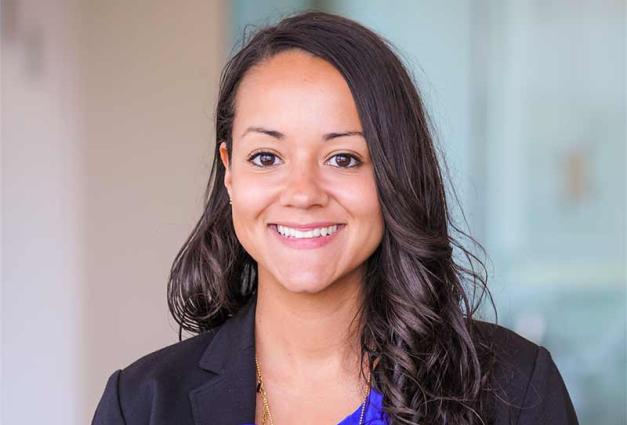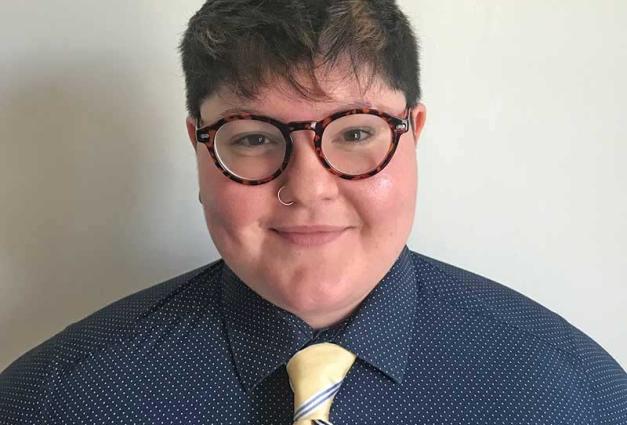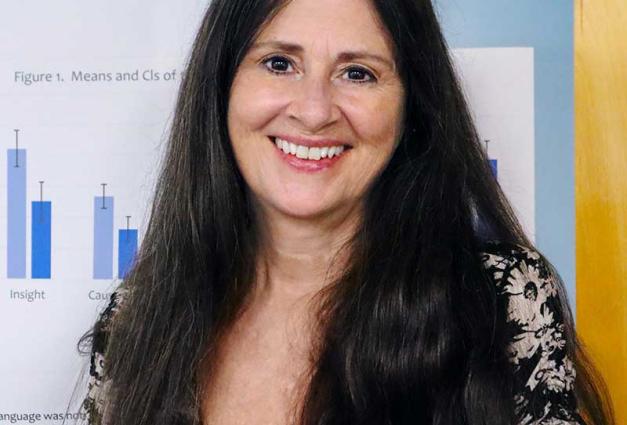Crystal Hall is an Associate Professor of Public Policy and Governance and Adjunct Associate Professor of Psychology at the University of Washington. Her research and teaching pursue the integration of psychology into the design and implementation of social policy, with a particular focus on race and equity. She has collaborated with government agencies at the local, state, and federal level—including the U.S. Office of Evaluation Sciences—and is a proud SPSP Fellow.
Do you have a favorite conference memory or story?
As a graduate student, I broke my ankle at a conference! The 2006 meeting was in Palm Springs. I was so excited to visit, as I'd never been before. I snuck away for a morning to visit Joshua Tree and do some rock climbing. While climbing, I slipped and badly injured my ankle. I made it back to my hotel, and was determined to also make it back to the conference. After finding a medical supply store in the phone book, I had crutches delivered to my hotel—thinking it was just a bad sprain. I returned to the conference, on crutches, and days later (after returning home) found out that my injury was actually a small fracture and bone bruise which sidelined me for months.
Do you have any advice for individuals who wish to pursue a similar career path in social psychology?
Early in your training, don't take shortcuts in the opportunities you have to develop the technical skills needed to conduct rigorous research. It can be tempting to want to dive deeply into research questions that have clear and direct practical implications. However, you'll never have the same opportunities to develop your skills in areas such as statistics and research design. Those areas will be beneficial, regardless of the ultimate career path that you take.
What are you most proud of in your career?
After completing graduate school, I made the pivot to a school of public policy. At the time, there were some examples of other scholars who had taken this path, but not many. It felt risky, as the environment was clearly different than what I would have experienced in a more traditional position for a social psychologist. I'm incredibly proud that I found a way to earn tenure, and hope that my success inspires others to take the same path. There is so much opportunity for social psychology to contribute to the thorniest challenges in the world of public policy.
What do you want to learn/achieve/grow in next?
In recent years, I've engaged in a more deliberate focus on equity and inclusion in my teaching, research, and service. I was always hesitant to engage deeply and deliberately in some of the hardest parts of this work, often worried my identity as a Black woman would cause these efforts to be taken less seriously. Over time, I've come to realize that my perspective (and others like me) is so vital, especially as I have more opportunities to take on leadership roles in the field.
What career path would you have chosen if you had decided to not pursue psychology?
I already have the best job in the world! Although I am also trained as a yoga instructor. Teaching yoga would be a close second. One of the best compliments I ever received while guiding a yoga class was that I "sound like a professor, in a good way". This came from someone who didn't know that I actually am a professor!




